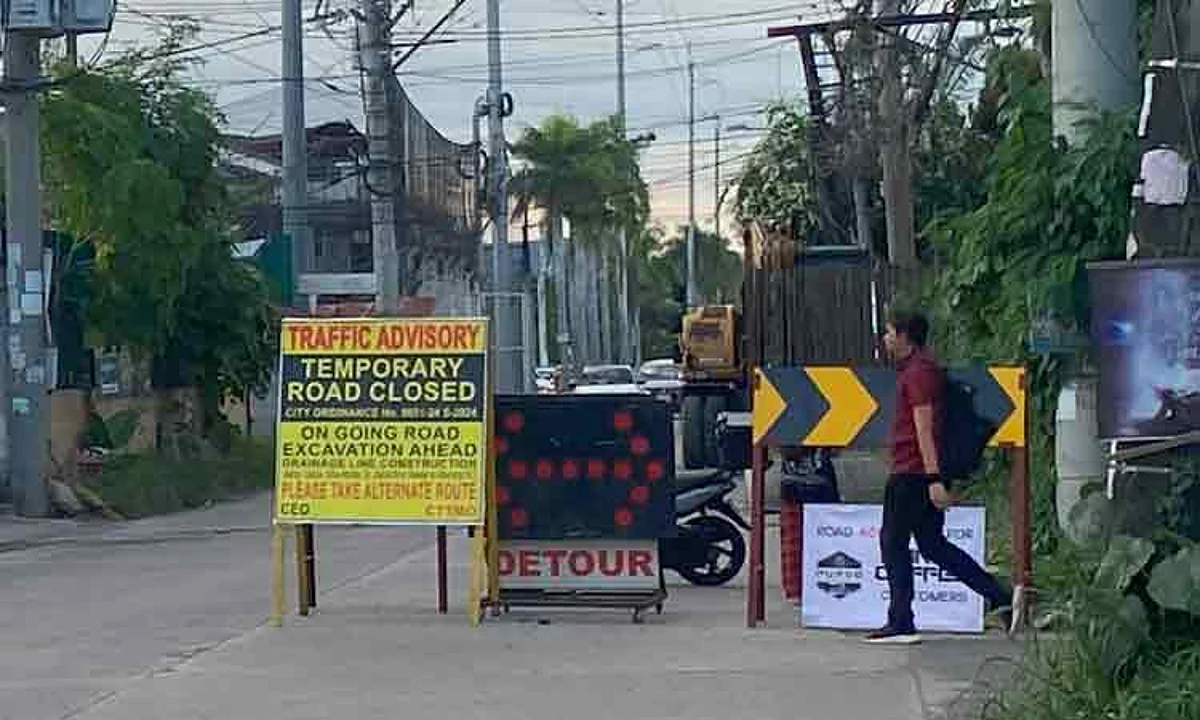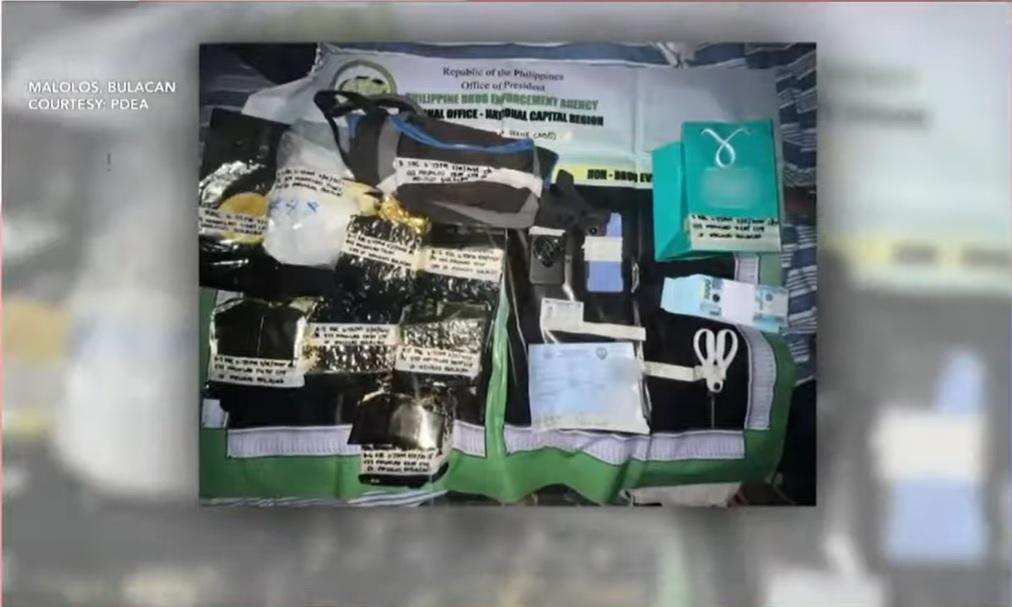Tulip Drive Closure: Davao Businesses Face Crippling Losses Amidst Communication Breakdown

Tulip Drive Closure: Davao Businesses Face Crippling Losses Amidst Communication Breakdown
Davao City's vibrant business community along Tulip Drive is reeling from the prolonged closure of the road, which has stretched for an astounding 204 days. While the city government's aim to upgrade infrastructure is commendable, the lack of clear communication and coordination with affected businesses has sparked widespread frustration and concerns about the overall impact on the local economy.
A Devastating Impact on Local Businesses
The extended closure has resulted in significant losses for businesses operating in the Tulip Drive area. Many establishments, ranging from restaurants and retail stores to service providers, have reported a drastic decline in customer foot traffic and sales. Some have been forced to reduce staff or even temporarily close their doors, highlighting the severity of the situation. The closure has disrupted supply chains, increased transportation costs, and made it difficult for customers to access these businesses.
“It’s been incredibly challenging,” said Maria Santos, owner of a popular cafe on Tulip Drive. “We’ve seen a 60% drop in sales since the road closure. We've tried to adapt, offering delivery services and promoting our online presence, but it's just not enough to compensate for the loss of walk-in customers.”
The Communication Gap: A Major Concern
The primary source of discontent among businesses is the perceived lack of communication from the city government regarding the project's timeline, progress, and potential mitigation measures. Many feel they were not adequately informed about the closure's duration and its potential impact on their livelihoods. Requests for updates and clarification have often gone unanswered, leaving business owners feeling helpless and uncertain about the future.
“We understand that infrastructure improvements are necessary, but the lack of transparency is unacceptable,” stated Ricardo dela Cruz, a representative of the Tulip Drive Business Association. “We need regular updates on the project’s progress and a clear timeline for completion. We also need to be consulted on potential solutions to minimize the impact on our businesses.”
A Call for Improved Coordination and Support
The situation on Tulip Drive underscores the importance of effective communication and coordination between the government and the business community when undertaking major infrastructure projects. It highlights the need for proactive engagement, transparent information sharing, and the implementation of measures to mitigate the negative impact on businesses. The city government should consider offering financial assistance, tax relief, or other forms of support to help affected businesses weather this challenging period.
Moving forward, a more collaborative approach is crucial. The city government should establish a dedicated communication channel for businesses affected by road closures and other infrastructure projects. Regular consultations and feedback sessions would ensure that businesses are kept informed and their concerns are addressed promptly. This would not only alleviate the current crisis but also foster a more positive and supportive environment for economic growth in Davao City.
The Tulip Drive situation serves as a valuable lesson for future infrastructure projects. By prioritizing communication, coordination, and support for local businesses, the city government can ensure that development projects contribute to the overall prosperity of Davao City, rather than hindering it.






